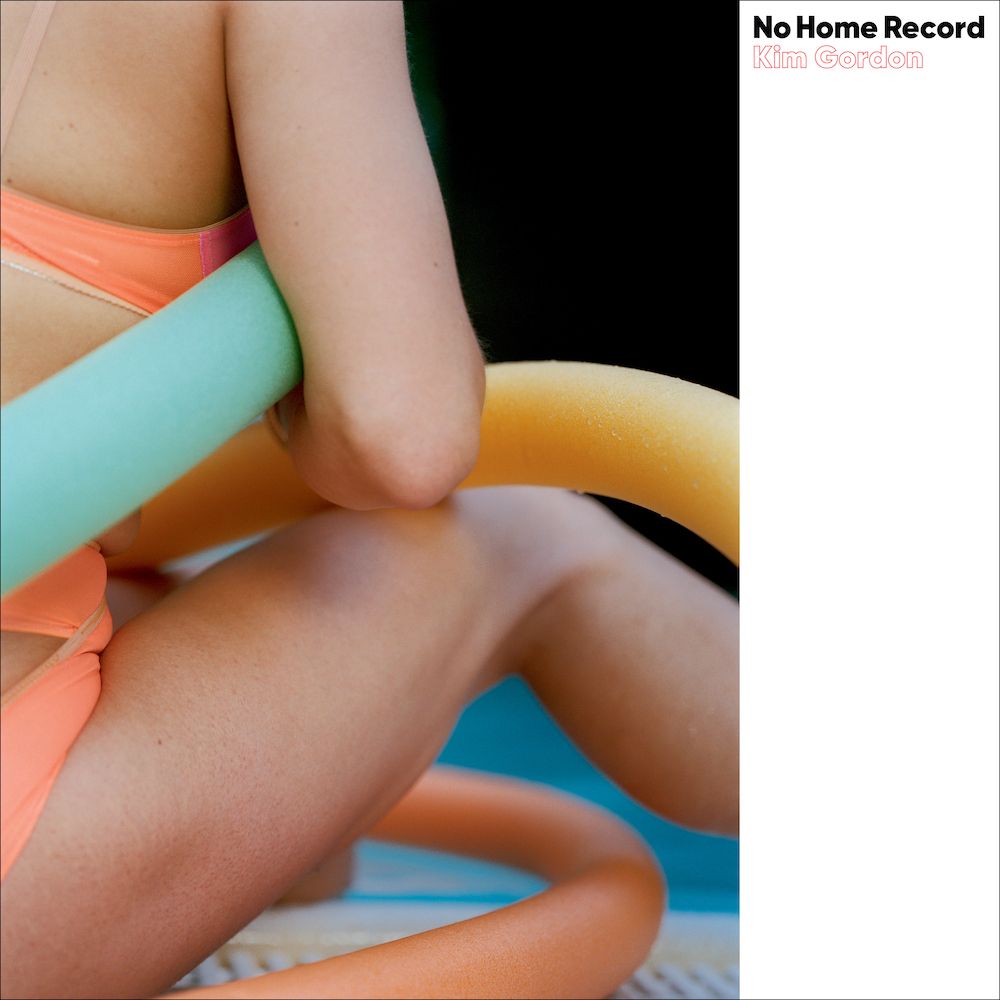Kim Gordon
No Home Record
MATADOR
7/10
There is something inherently American about taking something that isn’t yours. Whether it’s as violent and grotesque as stealing land or as innocent as renting out someone else’s home for vacation, for centuries we’ve enjoyed inhabiting other people’s spaces and calling it destiny. “Airbnb gonna set me free,” screams Kim Gordon on her first solo album No Home Record. She first relishes a utopian environment that’s been set up for her, “lounging, daybed, American idea,” and then she lashes out at it.
Dissatisfaction with and aggression toward toxic American capitalism are burned into No Home Record. The iconic polymath recently moved back to Los Angeles, where she was raised, after ripping it up in New York City for decades. It’s this homecoming that fueled Gordon’s confrontation with the consumerist infrastructure that barely holds our country together. On “Don’t Play It,” her vocals sound like she’s gasping to keep her head above a wave of reverb and techno propulsion. “Used to have a gallery,” she sputters angrily, “now it’s just a floor shop.”
Home is an eclectic surge of noise: Gordon dabbles in hip-hop production, rumbling rock ‘n’ roll, noise, and art-punk. It isn’t even the most bloody, distorted parts of her music that make for the most jarring. Take the captivating opener “Sketch Artist,” where there’s a sublime shift in instrumentation; her voice carries like a cool breeze as gentle guitar plucks reveal themselves like the sun breaking through a lightning storm. These nine tracks are a collage, sonically and pictorially, of where America stands today—a flurry of genres, of sales pitches, of desperate human cries waiting to be heard.
Gordon’s commentary on unchanging misogynistic blame and mistreatment are as potent as her critiques on corrupt practices. “Paprika Pony” is a slow-pulsing spoken-word track about modern-day Adam and Eve with iPhones. And the closer “Get Yr Life Back” references tweets and shopping sprees as poisonous acts of gluttony. It seems mankind’s downfall wasn’t the first bite of an apple, but rather the moment the first Apple product was sold. This record pushes Gordon to the forefront of voices exposing evil and demanding a reconstruction of our society.









